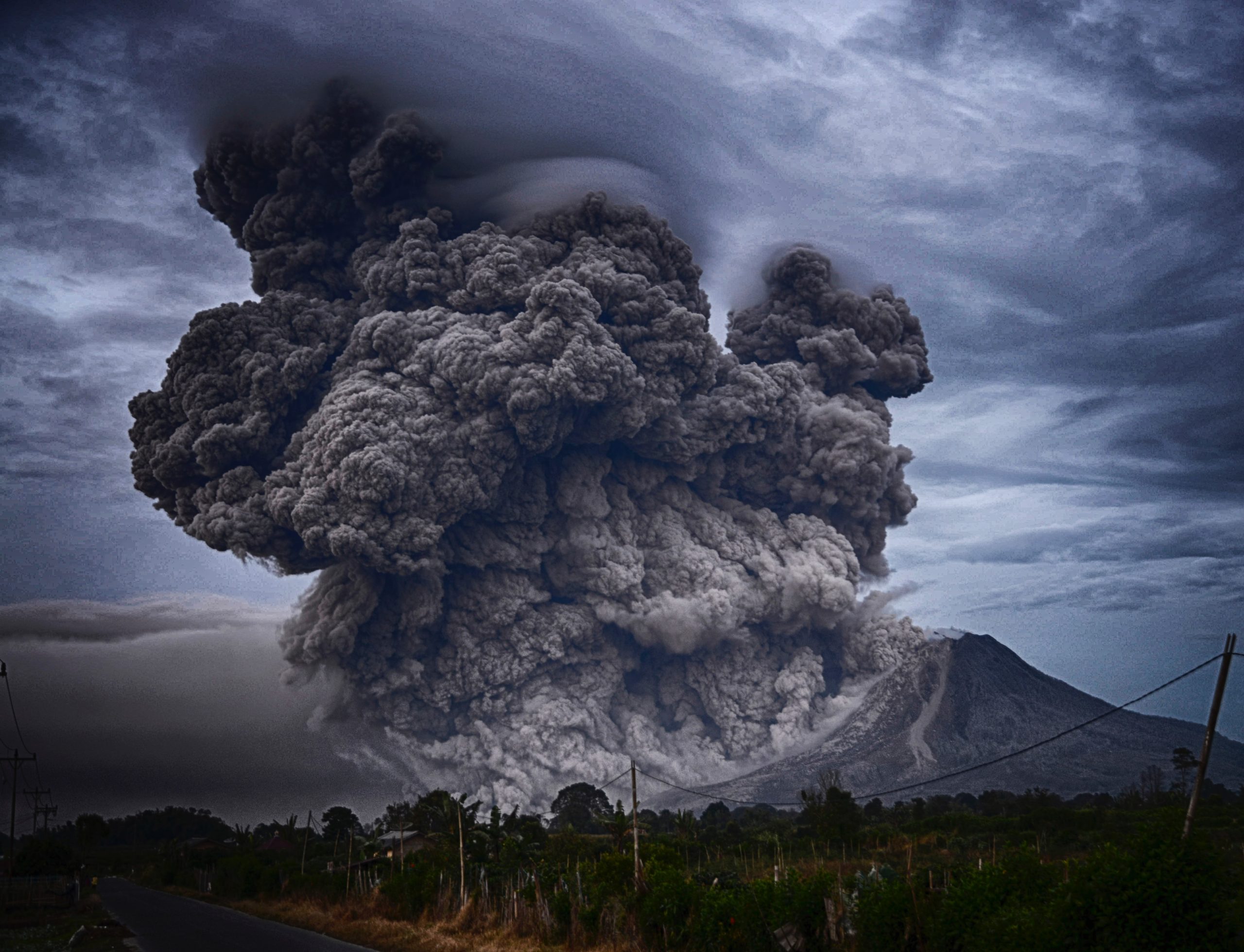Rolling Stone’s explosive story about sexual assault on college campuses was horrifying, but from a PR and reputation point of view, it seemed like a journalistic milestone. “A Rape on Campus” was the type of piece that produces headlines and drives traffic, but also sparks real change. The outrage it triggered echoed some of its most influential journalism, like Matt Taibbi’s takedown of Goldman Sachs, or the late Michael Hastings’ profile of General Stanley McChrystal.
Except for one thing. The central narrative, a stomach-turning first-person account of a brutal gang rape, was not accurate. It may not have even been true at all. Richard Bradley, the first journalist to weigh in on the story’s weaknesses, detailed the ways in which it failed to meet basic journalism standards on his blog just before Thanksgiving. His post is a must-read for anyone following the saga, or for those curious about media bias.
Bradley was followed by many others who questioned the story. As the discussion intensified, the issue became politicized, and ugly accusations flew back and forth. In the eyes of some, questioning the victim’s account was equivalent to being an apologist for “rape culture.”
When it all fell apart only 9 days later, Rolling Stone was left with a battered reputation. Worse, the mess has probably set back years of work to bring attention to campus rape and support its victims.
It shouldn’t have been this way. The entire situation was avoidable. The primary error was the one of running with a highly sensationalized story that wasn’t thoroughly vetted and fact-checked, of course. Those mistakes have been covered by journalism experts. But Rolling Stone compounded its errors in the way it communicated (or didn’t) with those who questioned and reported on the story. Here are some key points where it could have better handled the PR behind the rape story meltdown.
Preparedness. “Jackie”‘s account of her assault is so horrifying that the editors had to know it would make waves. Yet they appeared unprepared to respond to inevitable questions about the central anecdote. When writer Sabrina Erdely was asked by Slate about her efforts to seek comments from the alleged assailants, her answers were vague and even inconsistent. When the questions grew, editors tried to shut down the discussion.
Transparency. Stonewalling rarely defuses controversy. In fact, it often makes the media more determined to get to the bottom of things. After Erdely’s uncomfortable podcast on Slate and a similar Washington Post interview, Rolling Stone refused to answer more questions and directed queries to its PR director. Bad move, particularly within the journalism community. It intensified questions about how the piece was vetted.
Responsibility. Instead of taking questions seriously or tackling the doubts head-on, Rolling Stone issued a statement in response. It was artfully worded, praising Jackie as “entirely credible and courageous” but taking little responsibility for proving the veracity of her account. Worse, it tried to shift the dialogue to the broader point of the story, the problem of campus rape.
Apology. Once Jackie’s story was proven shaky, Rolling Stone publicly backpedaled from its earlier “credible and courageous” stance, as it had to do. But in doing so, it threw Jackie under the bus, explaining that due to “new information,” the magazine’s trust in her was “misplaced.” The second statement only further undermined the publication’s credibility and reputation. Why blame the source? Why not admit the failures that resulted in such a thinly sourced account making its way into the story in the first place?
Finally, the statement’s last line reads, “We are taking this seriously and apologize to anyone who was affected by the story.” This is almost comical in its understatement, given the story’s impact, and it’s a weak, ineffectual non-apology.
There will be more ramifications as the reactions to the statement come in, but Rolling Stone is in a tough place. It will need to work much harder to publicly admit its mistakes, take responsibility, and figure out how to make sure this kind of journalistic lapse will never happen again under its banner.
12/7 Update: Rolling Stone has amended its apology, removing the reference to “misplaced” trust and taking responsibility for errors in editorial judgment.

